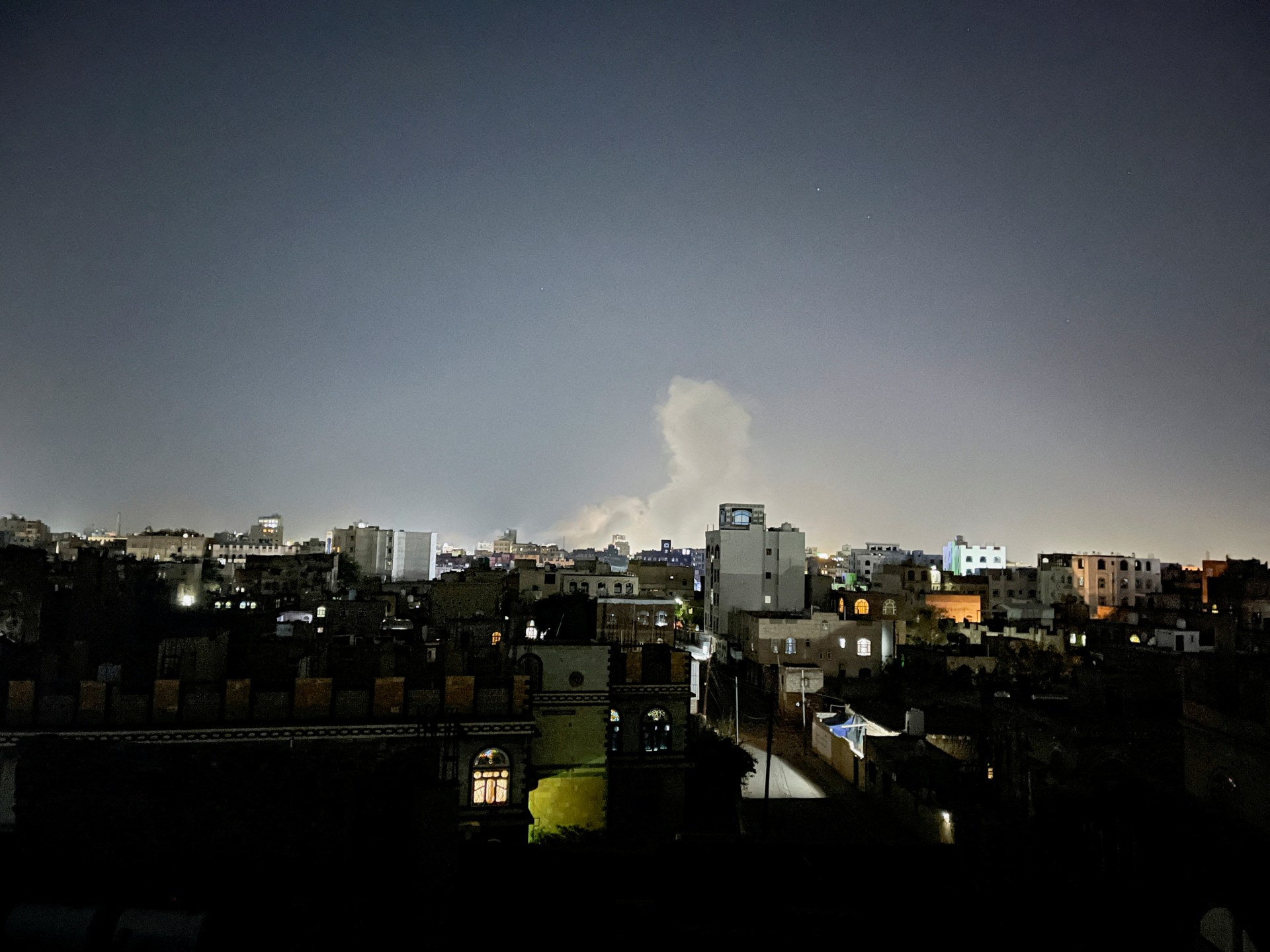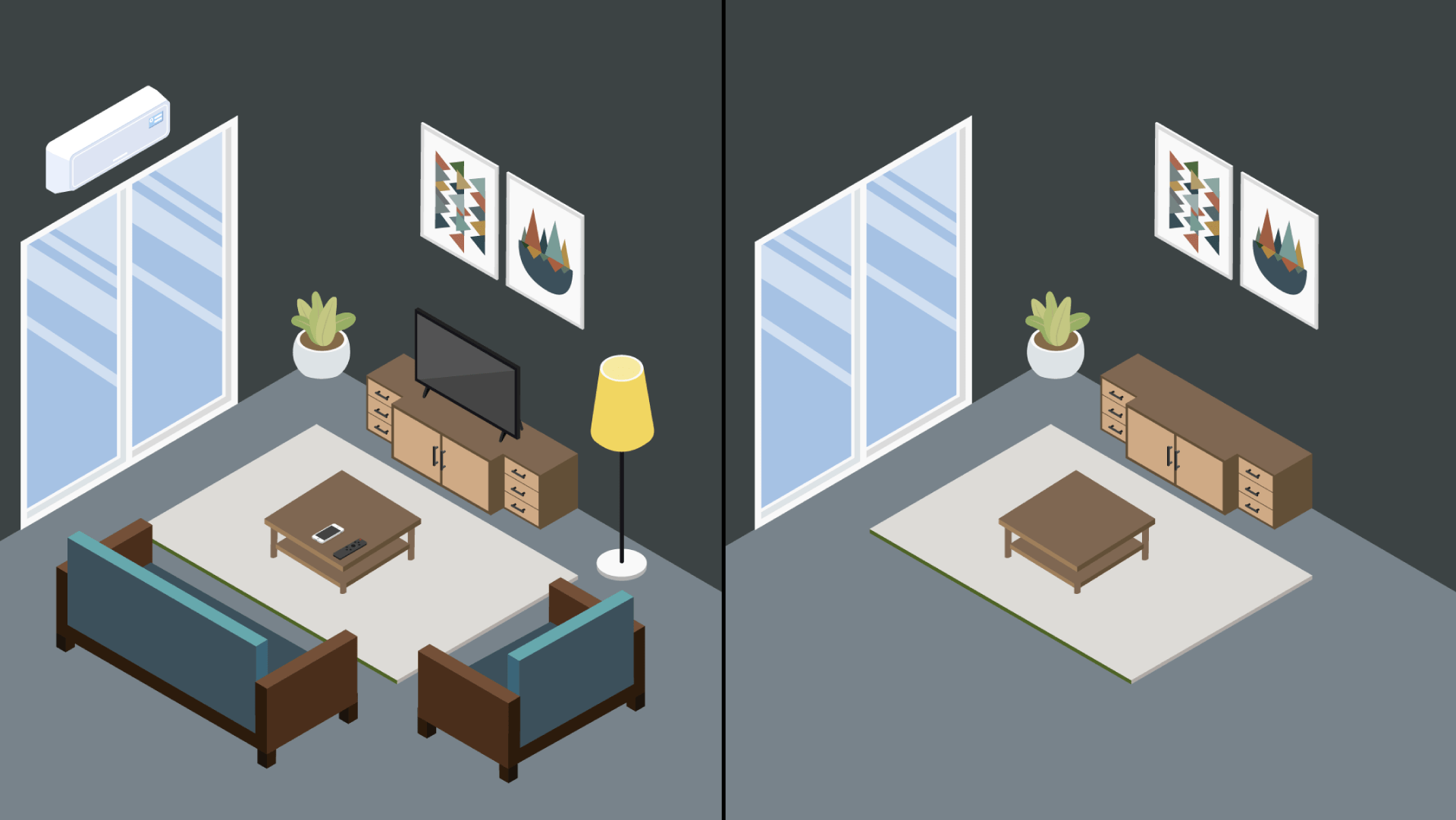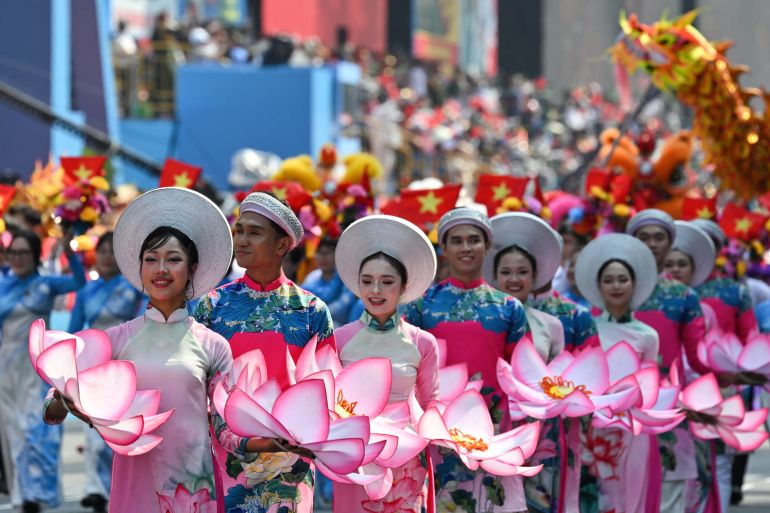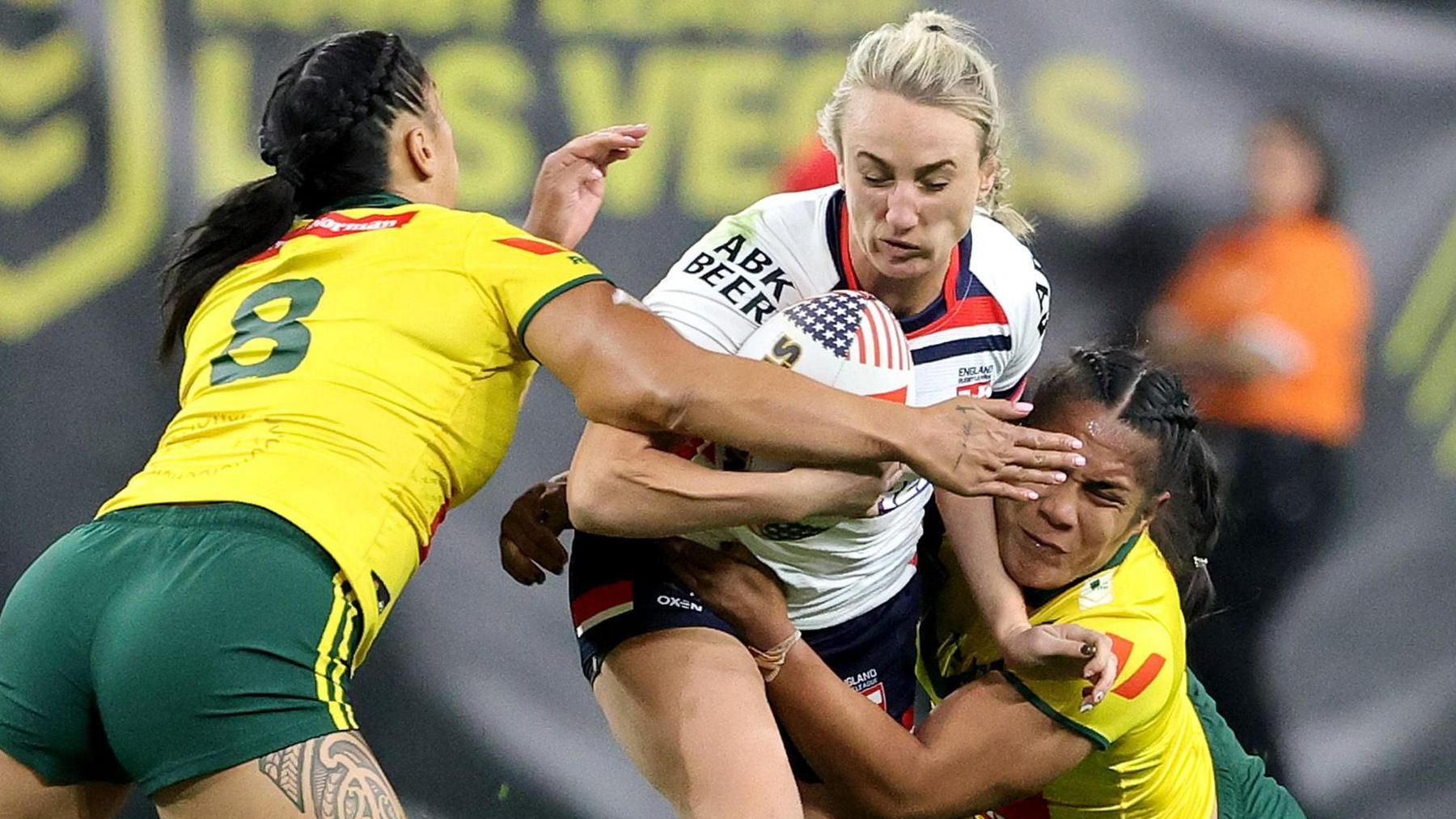Joint airstrikes by American and British forces have been conducted near Yemen’s capital Sanaa, allegedly targeting what British authorities claim are Houthi armed group drone factories.
The UK offered a detailed justification for the start of the strike on Wednesday morning, in contrast to the US, which only provided a few details about the hundreds of strikes it has carried out since March 15 when it first launched its renewed campaign.
The British Ministry of Defence claims that the strikes, which took place overnight, took place 24 kilometers (15 miles) south of Sanaa and hit buildings that had been identified by UK intelligence as being used to manufacture drones.
No details were given, but the ministry claimed the operation was intended to reduce casualties for civilians.
The US has not yet made a comment on the joint operation, despite having repeatedly attacked Houthi targets in the past month.
As long as they continue to target shipping in the Red Sea, US President Donald Trump ordered the military to launch “decisive and powerful” strikes on the Houthis in mid-March.
The strikes have “killed Houthi fighters and leaders… and degrading their capabilities,” according to the Pentagon, which have hit more than 1, 000 targets across Yemen since then.
However, more people are concerned about casualties in the military.
68 people were killed when a recent US strike hit a detention facility housing African migrants, according to Houthi-affiliated media.
In addition, Sanaa-based rights organization Mwatana for Human Rights claims to have found hundreds of additional civilian casualties in recent US attacks.
Yemeni civilians have been the targets of arbitrary and disproportionate attacks by warring parties for more than ten years, according to Mwatana chairwoman Radhya al-Mutawakel.
They now find themselves potential targets of US forces’ attacks, she continued, “at a time when they were hoping to see an end to this bloody chapter of their lives.”
The Pentagon is aware of claims of civilian casualties from the strike from Monday, according to an unnamed US defense official who spoke to Reuters.













